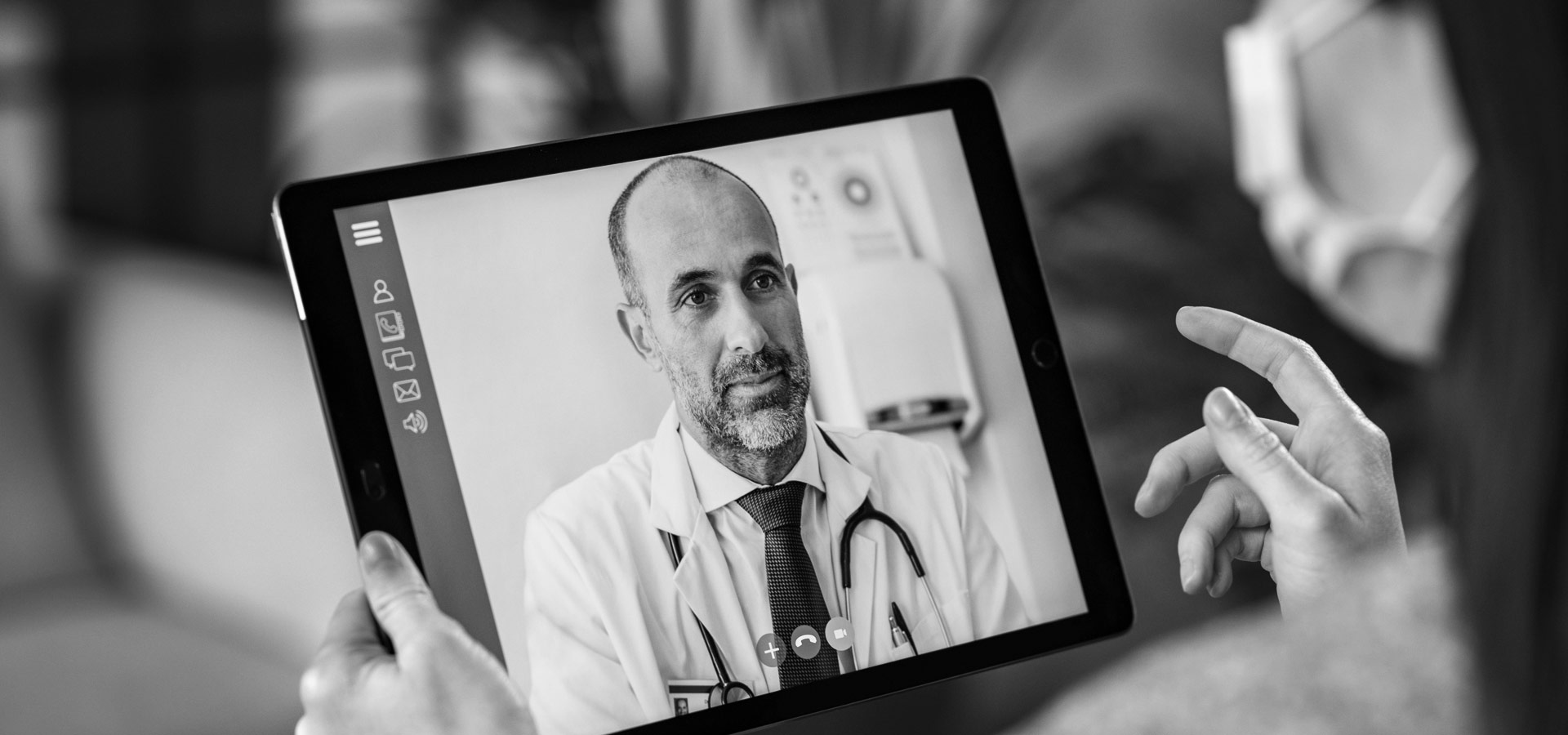20 May Affect COVID-19 has on the Medical Field
There is no denying the Coronavirus pandemic has changed almost every facet of life including how children learn, how adults work, how small businesses run, and everything in between. The changes have been significantly drastic for those in the healthcare field and have many questioning if this is the “new normal.” The pandemic is fluid and changes almost daily, thus the healthcare field is learning to become more adept when it comes to incorporating technology and an “all-hands-on-deck” initiative.
VIRTUAL CARE
By now you have heard the words “essential and frontline workers” in daily vernacular, and for good reason. Frontline healthcare workers are an integral part of the pandemic, caring and putting themselves at risk for the greater good. Many healthcare systems have been forced to adapt when it comes to how they care for patients. Virtual triage tools such as chatbots are being used to monitor, give recommendations, and further explore options without the patient leaving his or her home. In fact, virtual visits saw an increase of 10-15 times more than pre-pandemic levels.
DIGITAL TRANSFORMATION ON THE RISE
Many healthcare systems have been forced to ramp up their digital growth during the pandemic, in terms of transmitting sensitive information back and forth, and responding to test results quickly. In the future, not just in the case of emergencies, we will most likely see an increase in this type of technology. The volume of telehealth consults has gone up several multiples since the pandemic struck. Furthermore, nearly 30 percent of all visits at ambulatory practices are now provided via telemedicine. The healthcare industry will likely take note of what’s working and adapt and improve systems such as video conferencing with patients and other virtual collaboration tools among specialists and other integral healthcare team members.
OUTPATIENT VISITS
The pandemic has changed how outpatient facilities are run, in order to decrease the risk of transmitting the virus to patients or health care workers within the practice. Providers are deferring elective and preventative visits, such as annual physicals. The number of visits to ambulatory practices declined nearly 60 percent in mid-March and has remained low through mid-April. The decline in visits was the largest amongst school-age children and older adults.
The healthcare industry, much like every industry, has had to adapt to the changes that the pandemic has brought. Many systems have successfully modified the process to bridge the gap of delivering in-person healthcare to telehealth and increasing technology in the wake of COVID-19.
Foster Crown is a boutique physician recruitment firm that has been leading the charge on recruitment for ASC/OBL development and hospital-based practices in recent years. To learn more about how we work with candidates and place top tier physicians, call us at 262.646.2860. Please be sure to like us on Facebook for the latest industry news.
There is no denying the Coronavirus pandemic has changed almost every facet of life including how children learn, how adults work, how small businesses run, and everything in between. The changes have been significantly drastic for those in the healthcare field and have many questioning if this is the “new normal.” The pandemic is fluid and changes almost daily, thus the healthcare field is learning to become more adept when it comes to incorporating technology and an “all-hands-on-deck” initiative.
VIRTUAL CARE
By now you have heard the words “essential and frontline workers” in daily vernacular, and for good reason. Frontline healthcare workers are an integral part of the pandemic, caring and putting themselves at risk for the greater good. Many healthcare systems have been forced to adapt when it comes to how they care for patients. Virtual triage tools such as chatbots are being used to monitor, give recommendations, and further explore options without the patient leaving his or her home. In fact, virtual visits saw an increase of 10-15 times more than pre-pandemic levels.
DIGITAL TRANSFORMATION ON THE RISE
Many healthcare systems have been forced to ramp up their digital growth during the pandemic, in terms of transmitting sensitive information back and forth, and responding to test results quickly. In the future, not just in the case of emergencies, we will most likely see an increase in this type of technology. The volume of telehealth consults has gone up several multiples since the pandemic struck. Furthermore, nearly 30 percent of all visits at ambulatory practices are now provided via telemedicine. The healthcare industry will likely take note of what’s working and adapt and improve systems such as video conferencing with patients and other virtual collaboration tools among specialists and other integral healthcare team members.
OUTPATIENT VISITS
The pandemic has changed how outpatient facilities are run, in order to decrease the risk of transmitting the virus to patients or health care workers within the practice. Providers are deferring elective and preventative visits, such as annual physicals. The number of visits to ambulatory practices declined nearly 60 percent in mid-March and has remained low through mid-April. The decline in visits was the largest amongst school-age children and older adults.
The healthcare industry, much like every industry, has had to adapt to the changes that the pandemic has brought. Many systems have successfully modified the process to bridge the gap of delivering in-person healthcare to telehealth and increasing technology in the wake of COVID-19.
Foster Crown is a boutique physician recruitment firm that has been leading the charge on recruitment for ASC/OBL development and hospital-based practices in recent years. To learn more about how we work with candidates and place top tier physicians, call us at 262.646.2860. Please be sure to like us on Facebook for the latest industry news.


